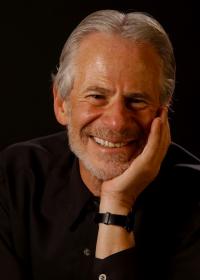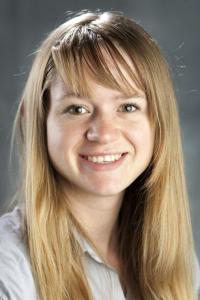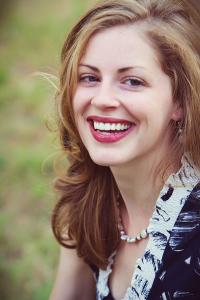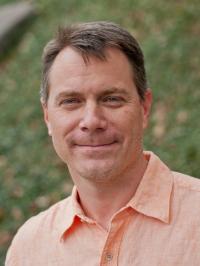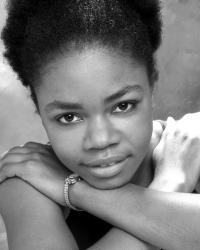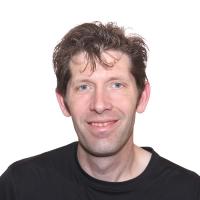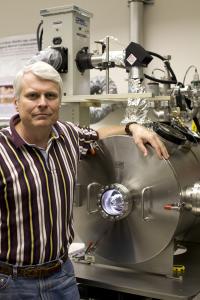John Allen Paulos
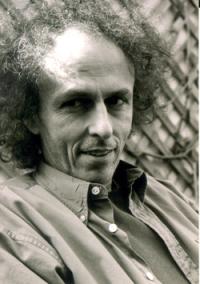
Author & mathematics professor, Temple University
John Allen Paulos is an author, public speaker and monthly columnist for ABCNews.com. He teaches math at Temple University in Philadelphia and earned his Ph.D. in the subject from the University of Wisconsin. He has served for two years on the editorial board of the Philadelphia Daily News and has made numerous appearances in media, including the Lehrer News Hour, 20/20, Larry King, and David Letterman. He was awarded the American Association for the Advancement of Science award for promoting public understanding of science in 2002 and the Mathematics Communication award from the Joint Policy Board for Mathematics in 2013. His most recent book is Irreligion.
Speaking:
-
Saturday, November 2nd, 3:45 pm to 5:00 pm

